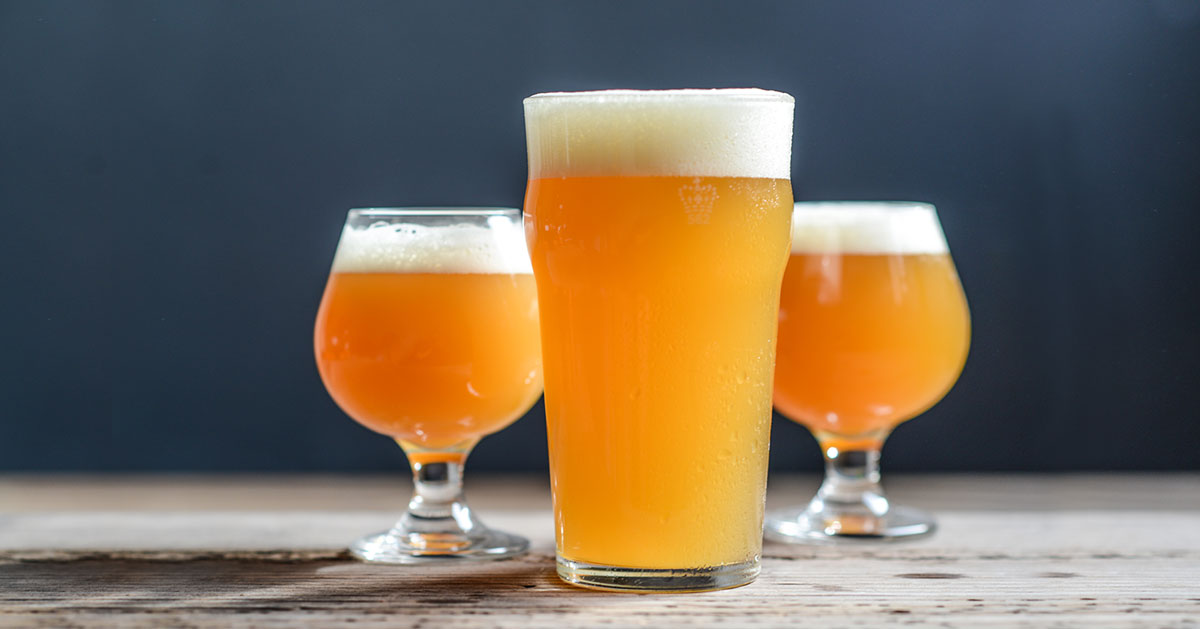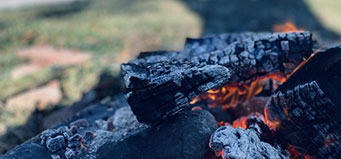Across the Pond Extra Special Bitter

Time for another edition of Brew Along with Us! This month, we’ll be looking at a popular style from Great Britain known as Extra Special Bitter. Anyone who knows me knows how vocal I am about my love of British beers. So this month, instead of trying to reinvent the wheel, I’m going to focus on a traditional beer style I love and create something awesome.
Extra Special Bitter, or ESB for short and also known as Strong bitter, is a form of English pale ale that belongs to the bitter family of beers. There are three types of bitters whose main differentiation is strength (or perhaps more accurately, starting gravity). Other differences are hop bitterness, malt character, and prominence of yeast flavors, among others. As one moves from the Ordinary bitter to Special bitter and finally to Extra Special, there tends to be a noticeable jump in malt backbone and character. These beers, while called bitters, tend to be well-balanced. Bitter, yes, but not aggressively hoppy like American pale ales.
So what makes a good ESB? Hops bitterness should be in the 30-50 IBU range and serve to balance and not dominate the malt or fermentation character. Late addition hops should be restrained to allow the malt and yeast to be in the forefront. The malt profile will have a backbone of breadiness from the use of English pale malts with supporting biscuit, caramel and nuttiness from specialty grains. The flavor profile features the fruity esters and perhaps a wee bit of diacetyl that are the signature of English yeast strains. Although there will be some sweetness from caramel malt, an ESB should finish medium dry to dry. Serving at cellar temperature (around 55F) and a lower carbonation level contribute to the fuller flavor profile of the style.
For this particular recipe, I am using Maris Otter as the base malt. Maris Otter is an English Pale Ale malt that tends to have a wonderful bready character that lends itself well to any British beer. I pretty much use Maris Otter as the base in every British beer I brew because of the wonderful character it lends to beer. In addition, I’m using Simpson’s medium crystal for residual sweetness and lovely toffee flavors and some special roast for a breadiness that is sometimes compared to sourdough.
As far as hops go, we’ll go simple. All East Kent Goldings (EKG), the quintessential English hop. It is full of rich, woody, and fresh earthy character and flavor. A 60 minute addition, just enough to give a solid hop bitterness, and a dose near the end of the boil, to give a bit more hop character, should be enough to suffice.
As far as yeast goes, Choose your favorite English strain! I would probably recommend Wyeast 1968 London ESB strain or White Labs WLP002 English Ale as traditional ESB strains, but the possibilities are endless. English strains tend to leave some residual sugars and richness at the end of fermentation. There are several wonderful English strains out there, and if you want to try something a little different, I might suggest Wyeast 1275 Thames Valley or 1335 British Ale II. For dry yeast, either Safale S-04 or Nottingham should work fine.
So here we go…Brew along with us! And as always, let us know what you think about the recipe and whether you are going to brew it too! Feel free to change it up however you see fit. As I say, this is your playground, have fun with it!
Across the Pond ESB Recipe (Final Volume 5.5 gallons)
Specs:
Estimated O.G. = 1.056
Estimated F.G. = 1.014
Estimated ABV = 5.5%
Estimated Bitterness = 45 IBU
Grain Bill:
10 lbs. Maris Otter
1 lb. Simpson’s Medium Crystal
0.5 lb Special Roast
Hops:
1.5 oz East Kent Goldings (7.2% AA) added at the beginning of the 60 minute boil
1 oz Eask Kent Goldings added with 10 minutes left in the boil
Yeast:
1 to 2 packs Wyeast 1968XL London ESB, White Labs WLP 002 English Ale, or 1 pack Safale S-04 yeast.
Brewing Process:
- Mash at 152F for 60 minutes, proceed with boil as normal
- Chill to 66F and pitch yeast
- Ferment for 2 weeks at 68F
- English yeasts tend to flocculate well, so a secondary isn’t necessary. However, you may choose to do a secondary for a week or so if you desire, for improved clarity and less sedimentation in the bottle or keg.
Extract Version: Replace Maris Otter with 6.6 lbs. (2 cans) of Maris Otter extract and 1 lb. light DME. Steep the medium crystal and special roast malts at 150-155F for 30 minutes. Remove steeping grains, turn off flame and add extracts, mixing until dissolved. Bring to a boil, and follow hop schedule, chilling and fermentation schedule above.
Update 9/25/2014: We have now turned this beer into a kit! Available in Extract and All-Grain form. Brew it today!


